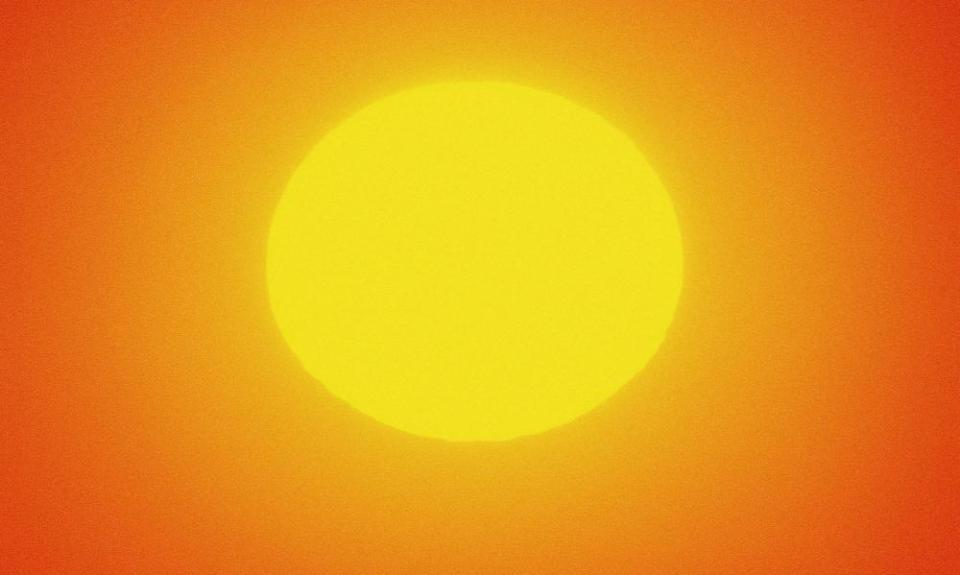Total fire ban in parts of SA as heatwave descends on south-east Australia

A total fire ban has been declared in districts across South Australia, as the south and east coasts of the country brace for a heatwave.
Temperatures are expected to soar to 40C and higher in some South Australian regional centres, with an extreme bushfire risk declared for the Adelaide Hills.
The Country Fire Service has issued severe bushfire ratings for six other districts on Friday, while a severe heatwave has been declared for the north-west pastoral region.
⚠️A Fire Weather Warning has been issued for Friday for 7 districts, including the Mount Lofty Ranges where the fire danger rating is Extreme. Very hot & dry conditions again on Saturday with further elevated fire danger. Stay up to date via @CFSAlerts and https://t.co/eE0T2ns9bg pic.twitter.com/rXso4FyHSA
— Bureau of Meteorology, South Australia (@BOM_SA) November 26, 2020
According to the Bureau of Meteorology, Adelaide should hit 40C on Friday, with some outback towns, including Oak Valley and Nullarbor, forecast to swelter under 46C heat.
Hot conditions will continue into Saturday, with Adelaide to have a top of 38C, before a cooler southerly change pushes through.
Related: State of the climate: five big issues from the report that will affect every Australian
The CFS is advising those in the at-risk districts to put their bushfire plan into action and keep track of any updates.
It comes as the BoM issues an elevated fire danger for New South Wales and the ACT, with strong winds forecast for inland NSW.
Temperatures are expected to reach up to 40C for much of Sydney across the weekend, with Saturday night possibly challenging the record for the warmest November evening.
Bureau meteorologist Helen Reid said the state was facing a “severe heatwave” because of the run of consecutive hot days.
“When people don’t get a break between two hot days and don’t get a reprieve overnight, that’s when people tend to have bigger issues with heat stress.”
NSW Health has urged people to take precautions as the heatwave takes hold across the state.
With temperatures expected to climb into the high 30s or mid 40s in some regions, the acting director of environmental health, Dr Adi Vyas, is urging people to avoid being outside and to keep hydrated.
Related: Australia's climate record labelled 'simply embarrassing' and among worst of G20 nations
“Hot weather puts a lot of strain on the body, causes dehydration and can make underlying health conditions worse,” Vyas said.
“It also causes heat stress and heat stroke. People over 75, people with chronic medical conditions and people who live alone are particularly vulnerable.”
Vyas said symptoms of heat-related illness included dizziness, tiredness, irritability, shallow breathing, vomiting and confusion, and urged people to check on the welfare of vulnerable neighbours, friends and family.

 Yahoo Movies
Yahoo Movies 